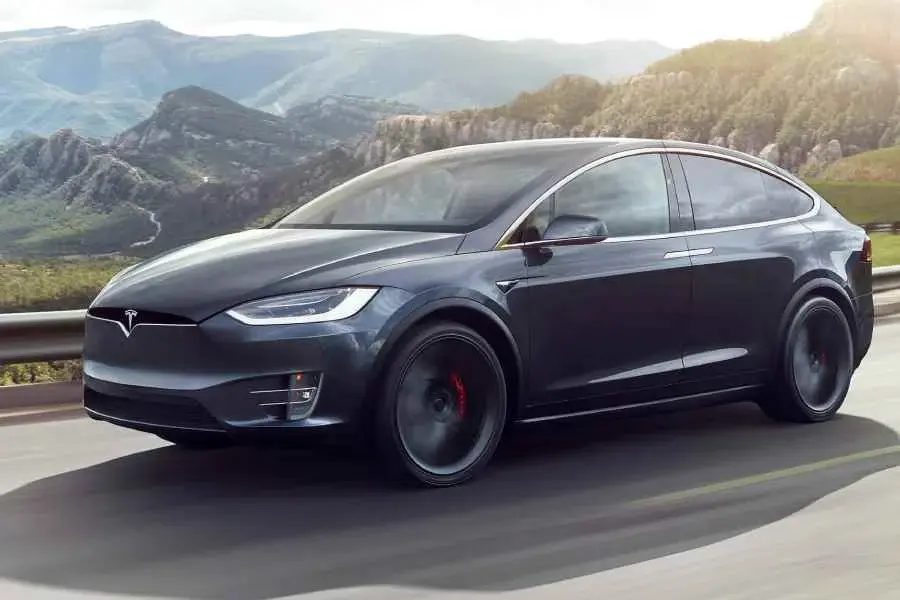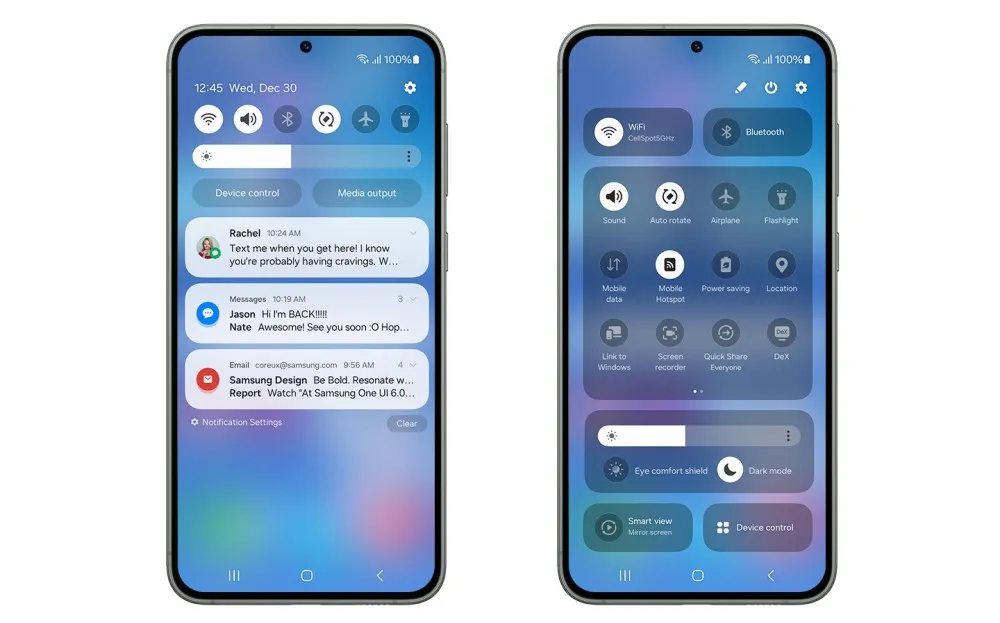Electric Vehicles Overcoming Reduced Range Amid Winter Conditions
With the arrival of winter, electric vehicle (EV) owners typically brace themselves for decreased range caused by the cold climate. Nonetheless, recent studies have exhibited that specific EVs, including those manufactured by Tesla, Audi, and Nissan, are challenging this norm by encountering minimal range loss even in colder temperatures.
Delving Deeper into the Winter Range Phenomenon
An exhaustive analysis conducted by Recurrent, a startup specializing in battery health data, has brought to light this intriguing observation. By scrutinizing over 10,000 EVs throughout the winter period of 2022-2023, it was unveiled that these vehicles maintained an average winter range of around 70% of their usual capacity. This revelation carries weight, indicating that not all EVs are equally impacted by chilly weather conditions.
Unpacking the Science Underlying Range Decrease in Winter
The decrease in range experienced in winter is deeply intertwined with chemical processes. The cold temperatures impede the battery's capacity to discharge energy effectively. Moreover, the process of heating the cabin demands additional power, thereby leading to a further decline in range. Nevertheless, breakthroughs in thermal regulation technology, like heat pumps, have emerged as a pivotal factor in alleviating this loss.
Audi's Noteworthy Winter Range Performance
Within the array of EVs scrutinized, the performance of Audi's E-Tron, specifically the Q8 E-Tron from MY2023 onwards, stood out prominently. This model encountered a mere 16% reduction in its winter range, underscoring the efficiency of its thermal management infrastructure. The E-Tron's innovative heat pump mechanism can recover as much as 3 kilowatts of electricity from waste heat, underscoring the promise of this technology.
Enhanced Winter Performance of the Nissan Leaf
The 2019 Nissan Leaf serves as another exemplar of significant advancements in winter range performance over its predecessors. Despite enduring a 23% decrease in range at 32 degrees Fahrenheit, it exhibits lesser vulnerability to temperature fluctuations owing to its more advanced thermal management system.
Tesla's Remarkable Thermal Efficiency in Winter
Tesla's line-up, notably the Model 3, Model Y, and Model X, also showcases outstanding thermal efficiency when faced with winter conditions. On average, they merely suffer a 24% decline in range. The introduction of Tesla's pioneering heat pump in 2021 has been instrumental in achieving this feat. With enhancements such as a "super manifold" and an "octo valve," the heat pump bolsters efficiency and contributes to the vehicles' resilience against diverse weather patterns.
These noteworthay findings underscore not only the strides made in EV technology but also highlight the increasing durability of EVs when confronted with fluctuating weather conditions. As winter sets in, EV owners can draw solace from the fact that select models are defying the conventional range reduction traditionally associated with cold temperatures.
Source: Gizmochina



